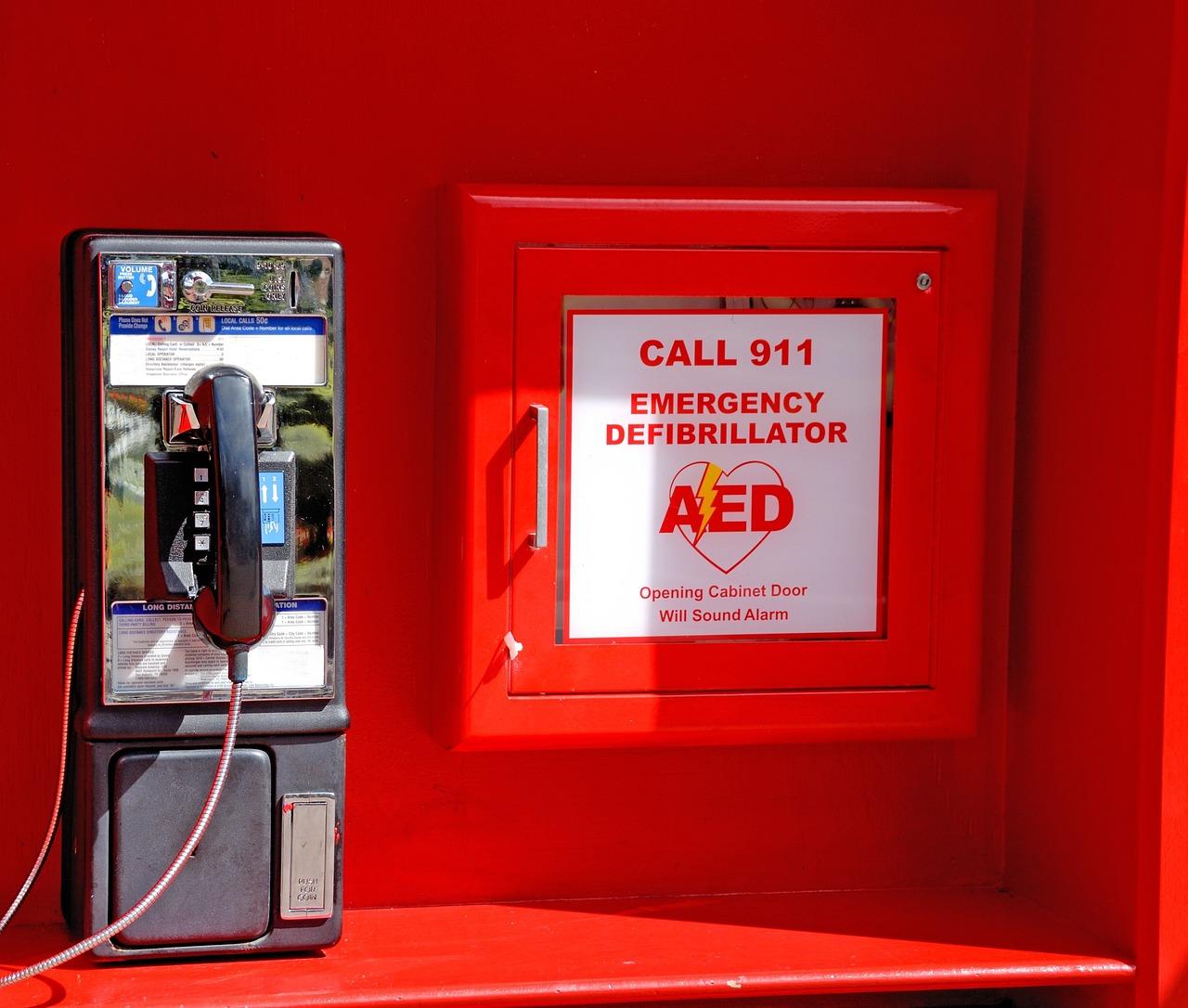
Recent Changes to AED Laws in Maryland

On May 3, 2023, Governor Wes Moore signed the “Joe Sheya Act” into law after both the state House and state Senate passed the act earlier in the year. This law imposes new requirements on specific restaurants and grocery stores to purchase and maintain automated external defibrillators (AEDs) on their property in places where customers and tenants can easily access them.
This change is largely just an expansion of already-existing regulations governing AED availability in public and retail spaces in the state of Maryland, but it may substantially impact the civil liability that owners and operators of food service establishments have for people who suffer heart attacks on their property. Here are the basics of what inspired this act to be presented in the first place, what it will soon require of business owners, and what implications that may change for future premises liability litigation.
The Origin of the “Joe Sheya Act”
Joe Sheya was a Maryland resident who, in 2014, suffered sudden cardiac arrest while at a restaurant with his wife, Carol McDermott Sheya. Because the restaurant did not have an automated external defibrillator on site, Joe did not receive a shock from an AED until 11 minutes after his cardiac arrest, which meant help came too late to prevent him from passing away.
Since then, Joe’s wife, Carol, has continually worked to change Maryland state law in order to require numerous types of previously exempt businesses to place AEDs on site and to make them accessible to customers. In addition to restaurants and grocery stores, Carol has also advocated for requiring AEDs in gyms and other places focused on athletics, an effort which gained additional popular support following Buffalo Bills player Damar Hamlin’s sudden cardiac arrest and resuscitation with an AED during a Monday Night Football game in January 2023.
During legislative deliberations over the bill, Carol McDermott Sheya was one of several people who spoke in support of House Bill 288, the Joe Sheya Act, and her efforts contributed to the bill being passed and signed into law this year.
What This Change Means for Maryland Businesses
The final version of the Joe Sheya Act requires owners and operators of restaurants with annual gross incomes exceeding $1,000,000 and grocery stores with annual gross incomes exceeding $10,000,000 to purchase and maintain in functioning condition an automated external defibrillator “in a prominent, accessible area” by January 1, 2024. Furthermore, it requires the state Institute for Emergency Medical Services Systems and the state Department of Health to adopt additional regulations to this effect. Also, individuals or business entities who purchase AEDs for restaurants with annual gross incomes exceeding $400,000 can claim up to a $500 tax credit for the AED’s purchase price.
Any grocery store or restaurant that meets the criteria laid out in this bill but fails to obtain an AED and make it easily accessible to patrons may not only face disciplinary action from the state of Maryland, but may also be found civilly liable for injuries sustained by someone who experiences cardiac arrest on their property but cannot be defibrillated due to the lack of an AED on site. A seasoned premises liability attorney could discuss the implications of this legislation in more detail as needed. Call today.












